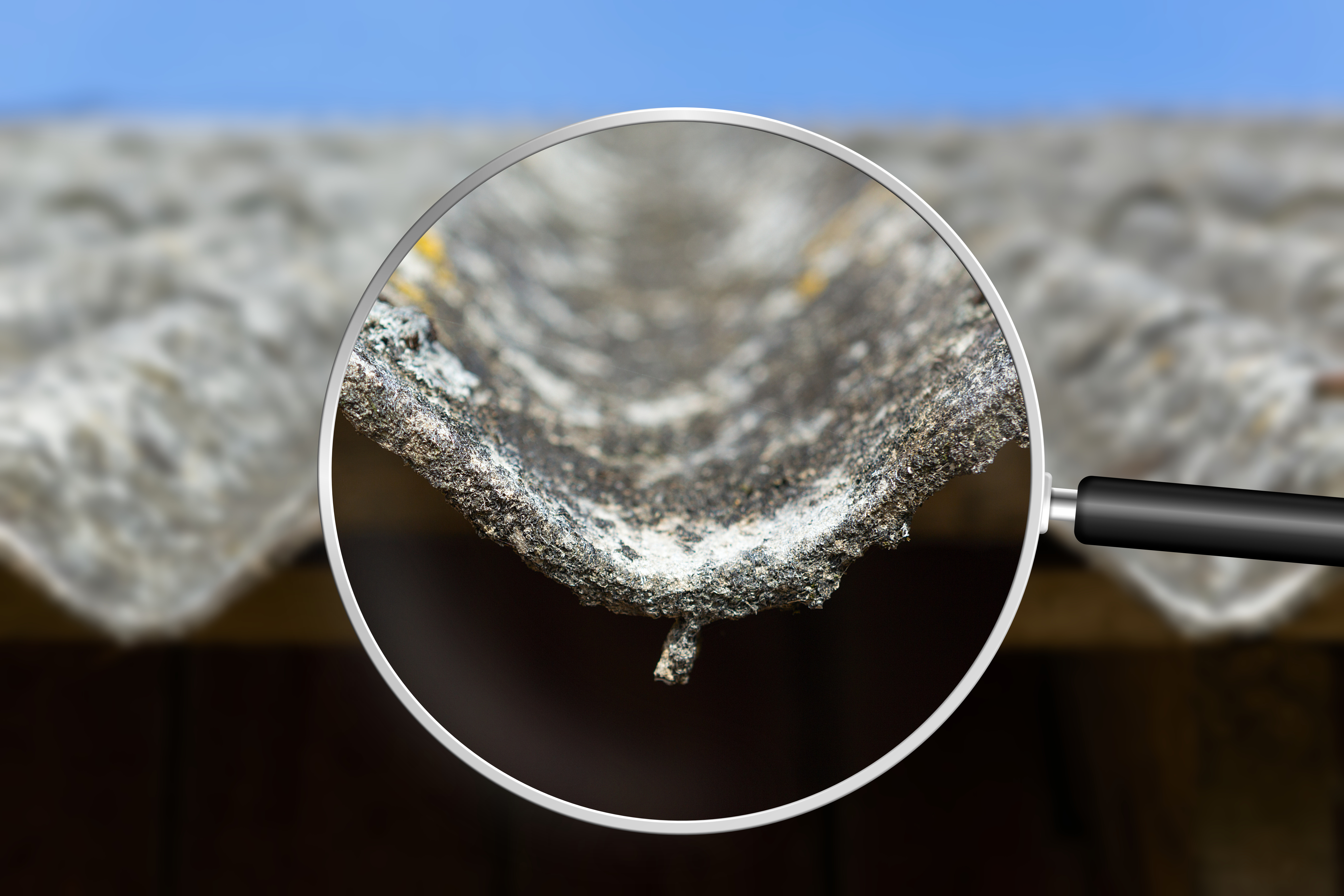
What to Do If You've Touched Asbestos
Accidentally touched asbestos? Learn immediate safety steps, health risks, and expert guidance for Calgary residents. Comprehensive guide on exposure, skin contact, and when to call professionals.
Expert insights, safety tips, and industry updates to help you maintain a healthy, hazard-free environment in your Calgary home or business.

Accidentally touched asbestos? Learn immediate safety steps, health risks, and expert guidance for Calgary residents. Comprehensive guide on exposure, skin contact, and when to call professionals.

Learn what asbestos is, how to identify it in your home, the six types of asbestos fibers, health risks, and when to call professionals. Expert guide.
When we publish new articles, you'll find expert advice on protecting your property from environmental hazards, maintaining healthy indoor air quality, and staying compliant with safety regulations.
In the meantime, explore our comprehensive service pages or contact us directly with any questions about asbestos, mold, radon, or air quality concerns.